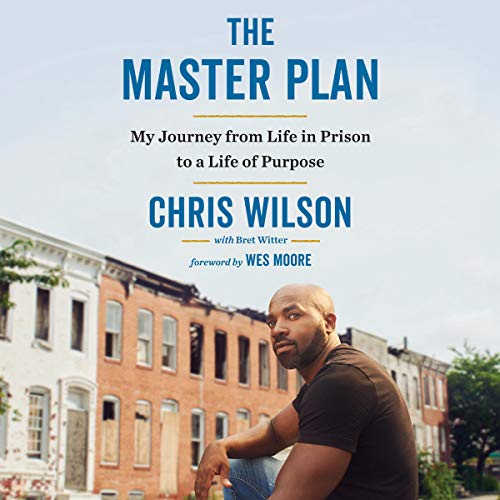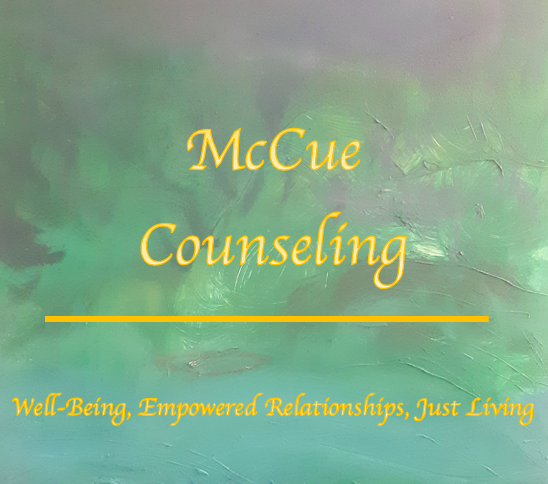
Psychological Services

Suicide Prevention & Crisis Service
Free twenty-four/seven counseling for crises of any kind.
“If you are feeling stressed, depressed, overwhelmed, having thoughts of suicide or are worried about a loved one, it helps to be heard. Call us for free and confidential crisis counseling. We don’t judge or try to fix. We listen and help you figure out your best next step.”
607-272-1616 or 800-273-8255
http://ithacacrisis.org/covid-19-resources/
Trans Lifeline
“Trans Lifeline is a trans-led organization that connects trans people to the community, support, and resources they need to survive and thrive.”
https://translifeline.org/
877-565-8860
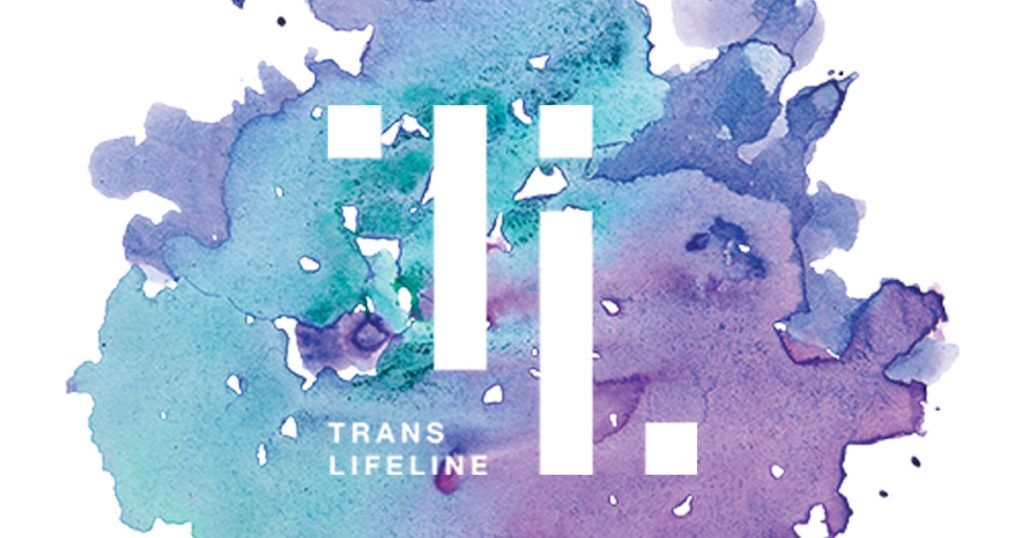

Human Services Coalition
“211 connects people in need with services designed to address that need. Callers are referred to service providers according to their situation.”
Dial 211 on your phone (or 1.877.211.8667) 24 hours a day, 365 days a year to get help from a live person.
https://hsctc.org/211tompkins/
The Finger Lakes Women in Transition
“The Finger Lakes Women in Transition (WIT) sponsored by the Mental Health Association in Tompkins County is an organization created by mental health professionals, educators and women who themselves have navigated the divorce process (see founding members below). While divorce has become a choice, how to maneuver through the process remains challenging. Our goal is to provide knowledge to facilitate a clear and compassionate journey.
Founding Members
Joyce Bennett, RN
Diane Jordan, LCSW-R
Linda Majeroni
Sheila McCue, LCSW
Jessica Ross-Elbers
Melissa Whitehead Stuck.”
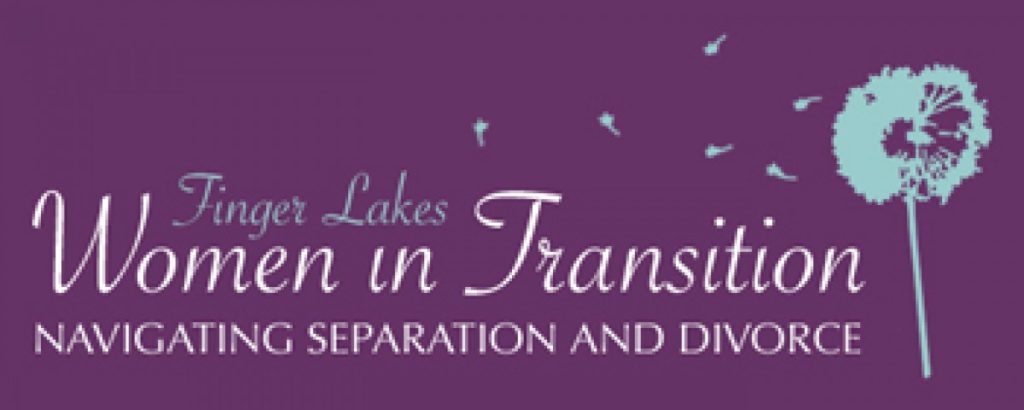

Brief Therapy Associates
“[At Brief Therapy Associates] we have been helping clients achieve their goals through a combination of Brief Therapy and Cognitive Behavioral Therapy. These therapies focus on a client’s strengths and the possibilities for change.”
Advocacy Organizations

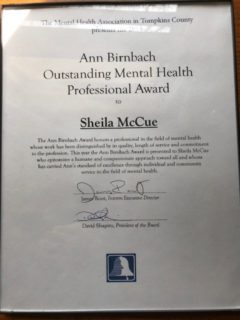
The Tompkins County chapter of the Mental Health Association was established in 1954, to address mental health needs in the Ithaca area. Today they serve, train and advocate for thousands of residents. MHA is striving to create a citizens movement, “empowering individuals, families, and groups through advocacy and the provision of services which promote mental health”. The experienced counselors and advocates at the MHA lead peer support groups for families, young people and couples and provide education and training in a series of mental health fields.
http://www.mhaedu.org
The Alliance of Families for Justice
“The Alliance of Families for Justice seeks to end mass incarceration by empowering the formerly incarcerated and their families.” They offer re-entry support, legal support, advocacy and communication skills training and voting rights education.
Phoebe Brown is the Central New York Coordinator of AFJ and a resident of Ithaca. “A highly skilled community activist, advocate and multicultural bridge builder, Phoebe bring her passion for community building to everything she does and everyone she meets.”

Well-Being & Alternative Medicine Practices
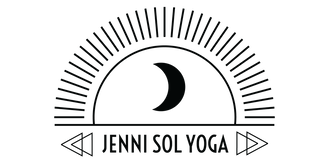
Jenni Sol Yoga
Ashtanga yoga practice directed by renowned and sensitive teacher Jenni Sol specializing in beginning practice with yogis of all skill levels.
https://www.jennisolyoga.com/
Rasa Spa
“Rasa Spa is the premiere day spa of the Finger Lakes region. At every Rasa location, we create space for health and wellness through customized massage, facials, energy work, waxing, and eyelash extension services.”
https://www.rasaspa.com/


Ithaca Community Acupuncture
Ithaca Community Acupuncture is a long standing organization committed to delivering the relief of the ancient Chinese art of acupuncture in an accessible way.
https://www.ithacacommunityacupuncture.com/about
Nick Boyar Yoga Practice
“The classes are gentle, meditative, and pleasurable. Each class includes poses and stretches that energize the body, a deep relaxation experience, and meditation instruction.
Private yoga lessons that focus on healing specific medical conditions, stress and pain management, or spiritual discovery are available at my private studio. Please email your inquiry to nickboyar1@yahoo.com”
http://nickboyar.com/integral-yoga/

Literature
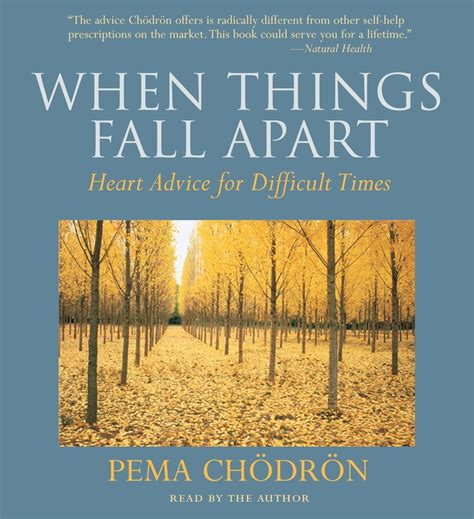
Lama Pema Chödrön’s classic provides a clear-sighted, buddhist approach to personal crisis. Her essential revelation, which she relates from personal experience, is the potential to develop curiosity towards suffering as one is experiencing it. She offers her own divorce as the book’s central example. As she has with her own pain, Chödrön teaches that someone suffering has the ability to acknowledge their condition with friendliness. By doing so we can recognize our essential groundlessness and the potential for change and growth.
The Body Keeps the Score is a seminal and readable account of Dr. Bessel Van Der Kolk’s research in Post Traumatic Stress and treatment. The work begins with Dr. Van Der Kolk’s clinical experience as a medical student supporting veterans of the Vietnam war and covers his treatment of trauma victims from all walks of life. As the title suggests, Dr. Van Der Kolk’s aim is to describe trauma as an event that impacts and shapes both the body and the brain. His patients have diminished capacities for pleasure, engagement, self-control, and trust. His discusses contemporary approaches to trauma recovery including neurofeedback therapy, meditation, sports, drama, and yoga, all of which emphasize the neural plasticity of the brain.
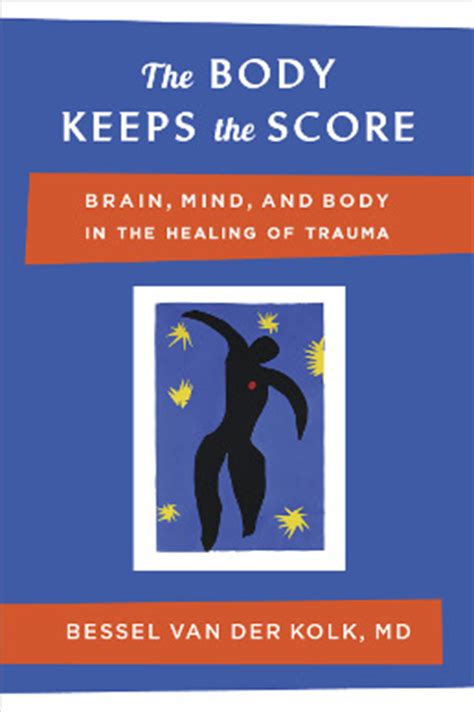

“Wherever You Go There You Are” is recognized as an accessible guide to mindfulness practice written by Jon Kabat-Zinn, the founder and director of the Stress Reduction Clinic at the University of Massachusetts. “Wherever You Go…” is separated into three subject areas: the present moment, meditation practice, and mindful living. The writing is direct and uncomplicated with re-assuring compassion for the reader who is beginning a meditation practice (“Non-doing has nothing to do with being indolent or passive. Quite the contrary. It takes great courage and
energy to cultivate non-doing, both in stillness and in activity. Nor is it easy to make a special time for
non-doing and to keep at it in the face of everything in our lives which needs to be done.”)
Alongside the forgiving spirit, by the third section of the book, the style does start to feel repetitive. The virtues of attention are extolled by many natural metaphor, many Henry David Thoreau quotes, and many personal anecdotes of recognizing peace in a particular moment. Fortunately, the book can be read out of order, since each short chapter within the subject areas is self-contained to a particular idea.
Overall the book is a sincere invitation to readers to gently and incrementally welcome meditation practice and buddhist perspectives into their daily lives. Helpful guides at the end of each chapter offer different meditation exercises as appealing suggestions rather than strict instruction. The humility of the writing creates a safe-feeling atmosphere for investigating mindfulness and the vulnerability of our minds. “Wherever You Go…” is valuable reading or re-reading for anyone interested in bringing more peace into their lives.
The Master Plan opens on the moments before the author, Chris Wilson, takes the only opportunity he will have to advocate for his freedom from a life long prison sentence. He describes the trip from his prison cell to the witness stand methodically, recalling each interaction with guards and prisoners verbatim, relaying the questions that coursed through his mind along the way. The stakes and anxiety of this pivotal event are extraordinary. Even so, the author’s honest, uncomplicated reporting of his internal and external circumstances grounds the re-telling. As we are led through Chris’s life growing up amidst the American drug war and within the prison system The Master Plan emerges as his persistent, grounded doctrine for self-determination and forgiveness. His struggles for freedom, respect and self-acceptance are unimpeachable arguments for a revolution in how we understand institutional punishment and personal transformation in America.
See Blog for Full Review
